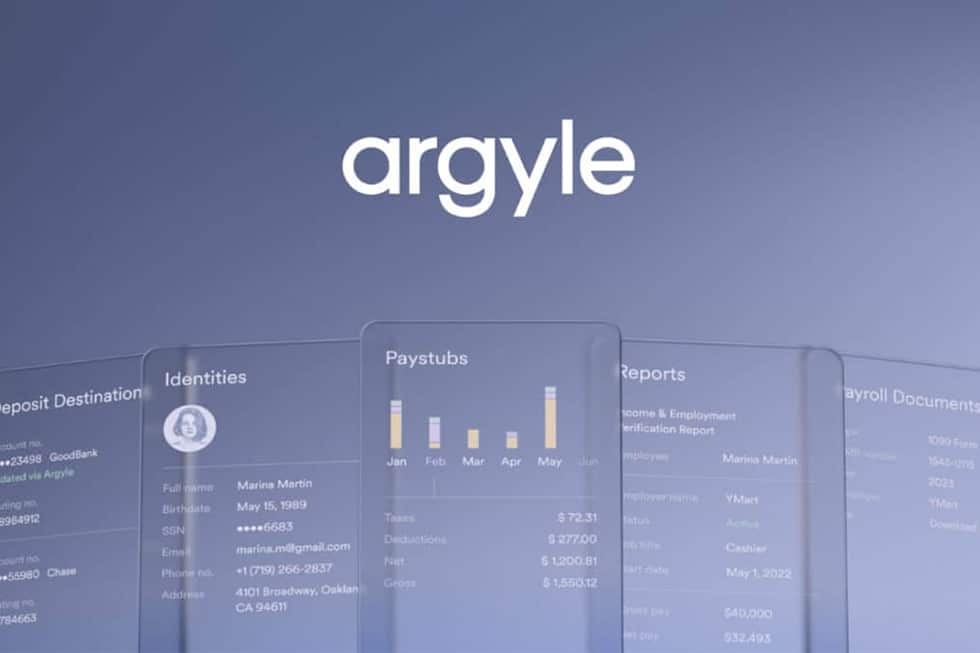AI washing. You may have heard this term thrown around a bit, but what is it? In the simplest of terms, think of it as fake news! AI washing is the practice of companies making false, misleading, or exaggerated statements about how they may be using AI. The goal is to make their company seem more advanced than they really are, thus playing on people’s current interest in artificial intelligence. But if you’re caught, you may be paying costly litigation fees.
The even bigger problem? Sometimes this practice of AI washing isn’t intentional. It may be that the promotion made by the company is vague or uses words they don’t truly understand, which in turn either provides a false message or confusion among both workers and the audience.
Is It Common?
The concerning fact is that it can be difficult to tell whether or not AI washing is frequent or not. As a consumer, we must constantly be vigilant – are the ads we see on Facebook generated through AI? What about the articles we read? In many scenarios, companies may say the use of AI was more prevalent than it actually was.
Consider this article. While doing research, I consulted Google’s search algorithms and even looked at recommended YouTube videos to learn more about AI washing. While writing, I used Microsoft’s spell-check feature. All of these are AI! However, if I told you that this article was AI-generated, I would be partaking in the act of AI washing. The problem is that even though my words weren’t necessarily a lie – I did, in fact, use AI to put this together – my words were vague enough to make you believe I wrote this using only AI.
When it comes to messaging, even the slightest slip of the tongue could mean you are partaking AI washing! That’s why it’s always helpful to have experienced professionals look over your wording.
How PR Can Help
Unless you have a team fully dedicated to your messaging, consider working with a specialized fintech PR firm. These professionals typically have years of experience crafting messages, working with clients, and establishing a brand voice. They can also teach you the dos and “don’ts” of making content and distributing content. Your PR team will provide you with some much-needed direction, such as clearly defining what your company is doing with AI.
Consider sharing your messaging with your PR team before it goes out, allowing for the communications professionals to directly evaluate your materials. When hiring a PR firm, they will help you put together a strategic PR plan that not only covers your company’s goals and messaging but also helps you identify your ideal audience. During worst-case scenarios, your PR agency will already have a plan in place to help you with crisis communications scenarios.
The goal of a PR firm is to make sure your company is seen as trustworthy in your space, something frequent AI washing will undermine. Your PR team studies the ins and outs of your company to help you craft the perfect messaging, without fear of lying to the public.





